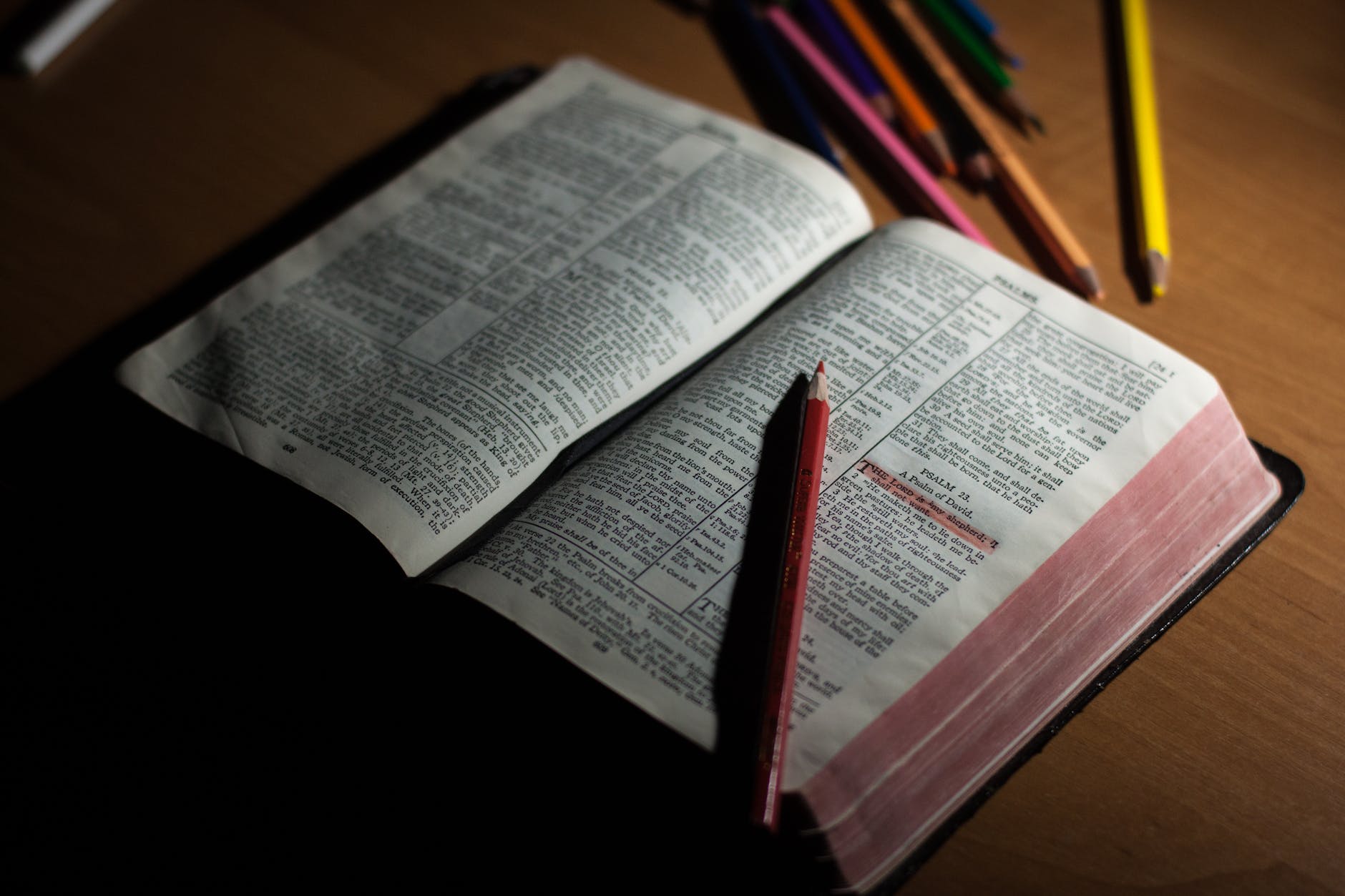This fall, I taught an adult class at my church one approach to reading the book of Revelation. I’ve always been fascinated with John’s Apocalypse because who doesn’t love a story with a dragon, a bottomless pit, and a city 1500 miles tall? However, I love the book of Revelation because it’s from Jesus.
“The revelation of Jesus Christ, which God gave him to show to his servants the things that must soon take place. He made it known by sending his angel to his servant John” (Revelation 1:1, ESV)
Revelation is usually in two different camps within the church. The first camp is full of Bible readers who are REALLY into the book of Revelation. The second camp is full of Bible readers scared of people in the first camp. Neither option is great. Either Revelation because larger than other parts of the canon, or it becomes a non-functional part of the Bible.
Two of my goals in the class I taught were to bridge the gap between both camps and let Revelation live appropriately. If you’ve ever wondered how to read this book, let me offer five principles for understanding Revelation.
1. This is a book to be obeyed.
“Blessed is the one who reads aloud the words of this prophecy, and blessed are those who hear, and who keep what is written in it, for the time is near.” (Revelation 1:3, ESV)
It’s easy to want to take the book of Revelation and current events in the news and see where they overlap, but notice that Jesus says that blessed are those “who keep what is written in it.” He says the same thing at the close of the book.
“And behold, I am coming soon. Blessed is the one who keeps the words of the prophecy of this book.” (Revelation 22:7, ESV)
Readers of Revelation have often been told to ask when questions. When will all of this take place? But in light of Jesus’ command to keep what is written, I want to ask what questions and how questions? What do I need to obey, and how do I do it?
Some fancy Bible software tells me that the commands behold, hear, wake up, and remember to get top billing. If one of the first things Jesus tells readers is that those who obey what’s written are blessed, my expectations in reading the book change to how Jesus wants me to read Revelation.
2. Jesus knows the church.
In Revelation 1, John clues us that Jesus stands among the seven lampstands and the lampstands represent the churches in Revelation 2-3. The idea is that Jesus knows his church. He knows the mistakes churches are making, but he also knows when things are going well. This is further reinforced in the following chapters when John lets his readers know that Jesus knows the good and the bad about each congregation.
Jesus knows the church. He knows the bad actors who steal from his people. He knows of any abuse and mistreatment. He also knows the grandmothers of the church who faithfully hold babies in the nursery each week. He knows the pastor of the church, with a Sunday morning attendance of 60, who is fulfilling the duties of his ministry. If you’re struggling with the church, Jesus knows about that, too.
Jesus’ knowing his church is essential because the Father isn’t as concerned about us figuring out a timetable for Jesus’ return as much as He is preparing His church to suffer through religious persecution or cultural seduction.
3. Get caught up in the imagery.
Revelation is intended to be more like watching a movie than reading a car manual, even though it’s often read like a car manual. We want to ensure all parts fit neatly, but Revelation is about being caught up in a story much more significant than ourselves. It’s the story of Jesus that ultimately takes the story that started in a garden with Adam and Eve and begins again in a city with all of God’s people.
When I visited Israel, I went to the Holocaust Museum. I’d read about the Holocaust, but the museum forced me to connect deeper with human suffering. Revelation is like that. It should move us from reading little chunks of Scripture and connect us at a deeper level to the story of Jesus, the lamb to Behold, who takes away the world’s sin.
Here are three questions that can redirect and help in our understanding of this book.
- What does this passage tell me about Jesus?
- Is there anything in this passage I’m supposed to obey?
If you’re interested in any resources about Revelation, I highly recommend Reading Revelation Responsibly.


